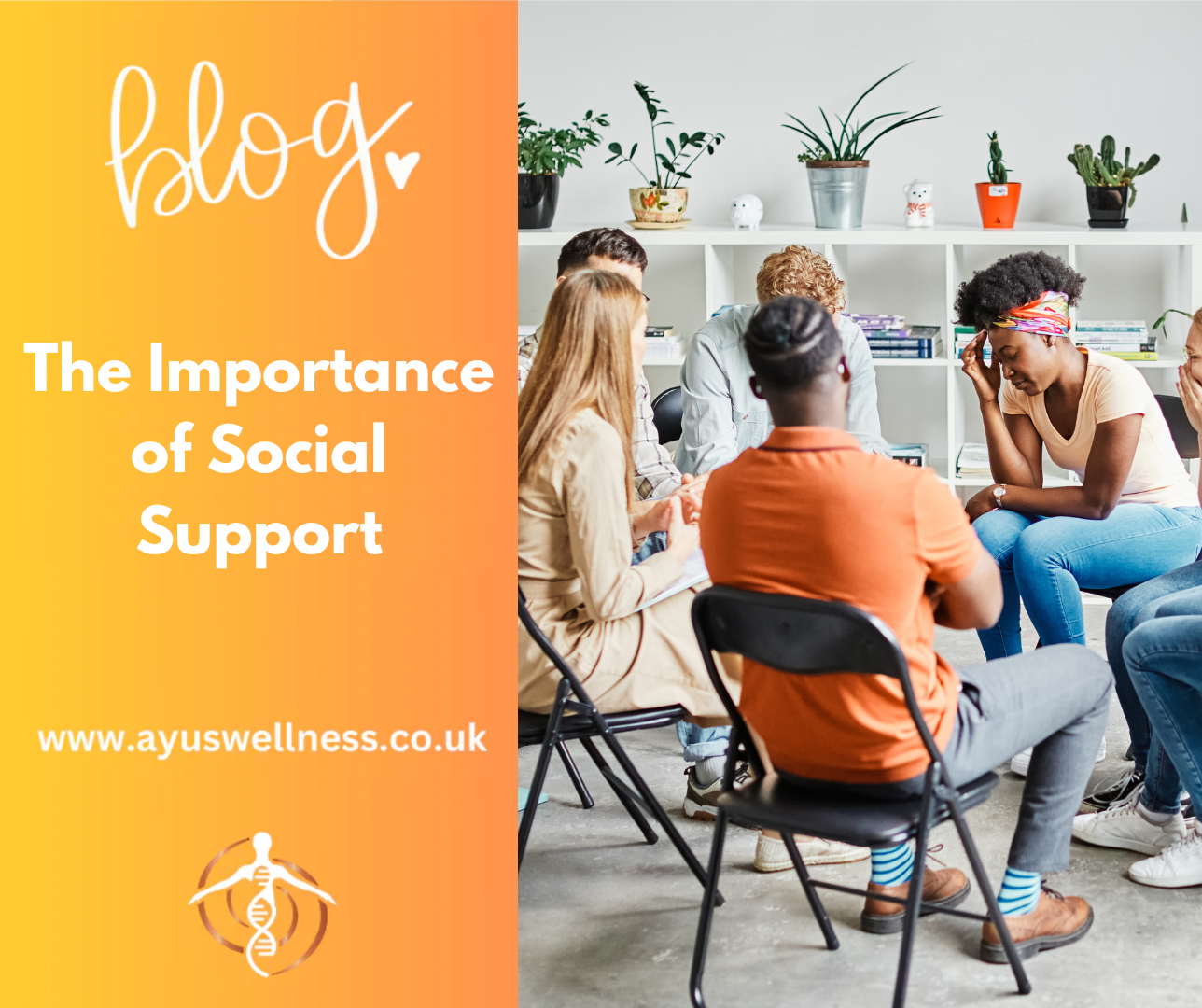
Social support refers to the emotional, informational, and practical assistance received from others. It plays a crucial role in stress management by providing:
1. Emotional Support
Having someone to talk to and share your feelings with can help alleviate stress and improve your mood. Emotional support involves empathy, understanding, and encouragement.
2. Practical Assistance
Friends and family can offer practical help, such as providing advice, assisting with tasks, or helping you solve problems, which can reduce the burden of stress.
3. Sense of Belonging
Being part of a supportive community fosters a sense of belonging and connection, which can boost self-esteem and resilience against stress.
4. Health Benefits
Strong social support is linked to numerous health benefits, including lower blood pressure, reduced risk of depression, and improved immune function.
Building Your Support Network
Creating and maintaining a strong support network requires effort and intentionality. Here are some practical steps to build and strengthen your social connections:
1. Identify Your Support System
Take stock of the people in your life who offer support and positivity. This may include family, friends, colleagues, neighbors, and community members.
2. Nurture Existing Relationships
Invest time and energy into maintaining and deepening your existing relationships. Regular communication, whether through calls, texts, or in-person meetings, is key to nurturing these connections.
3. Join Social Groups and Clubs
Participate in social groups, clubs, or organizations that align with your interests. This provides opportunities to meet new people and expand your support network.
4. Volunteer
Volunteering for causes you care about can help you connect with like-minded individuals and build a sense of community and purpose.
5. Seek Professional Support
Don't hesitate to seek professional support if needed. Therapists, counselors, and support groups can offer valuable assistance and a different perspective.
Enhancing Your Social Connections
Once you've established a support network, it's important to keep these connections strong and healthy. Here are some tips to enhance your social connections:
1. Be a Good Listener
Practice active listening by giving your full attention to the speaker, showing empathy, and providing feedback. This strengthens bonds and shows that you value their perspective.
2. Show Appreciation
Express gratitude and appreciation for the support you receive. Small gestures of kindness and acknowledgment can go a long way in maintaining strong relationships.
3. Be Available
Make time for your social connections, even when you're busy. Prioritize spending time with loved ones and being present during interactions.
4. Communicate Openly
Open and honest communication fosters trust and deepens relationships. Share your thoughts and feelings, and encourage others to do the same.
5. Offer Support
Support is a two-way street. Be there for others in their times of need, offering emotional, practical, or informational assistance as appropriate.
Practical Tips for Managing Stress Through Social Support
Here are some strategies to leverage your social support network for stress management:
1. Reach Out Regularly
Make it a habit to reach out to your support network regularly. Regular check-ins can provide comfort and help you stay connected.
2. Share Your Feelings
Don't bottle up your emotions. Share your feelings and experiences with trusted individuals to relieve stress and gain perspective.
3. Plan Social Activities
Engage in activities with your support network that bring joy and relaxation, such as hiking, dining out, or attending events together.
4. Practice Mindfulness Together
Join mindfulness or meditation groups, or practice these activities with friends. Shared mindfulness practices can enhance emotional support and stress relief.
5. Set Boundaries
While social support is important, it's also essential to set boundaries to ensure relationships are healthy and balanced. Communicate your needs and respect others' boundaries.
FAQs
Q: How can I improve my social support network if I'm shy or introverted?
A: Start by connecting with people who share similar interests through clubs, classes, or online communities. Volunteering and joining small, supportive groups can also provide a comfortable environment for building connections.
Q: Can social support really improve physical health?
A: Yes, strong social support has been linked to various physical health benefits, including lower blood pressure, reduced risk of chronic diseases, and improved immune function.
Q: What should I do if I feel overwhelmed by the needs of others in my support network?
A: It's important to set healthy boundaries and communicate your limits. Prioritize self-care and seek balance in your relationships to avoid burnout.
Wrapping It Up
Building and maintaining a strong social support network is essential for effective stress management and overall well-being. By nurturing your existing relationships, expanding your social connections, and leveraging your support network for stress relief, you can cultivate a resilient and supportive community around you. Embrace these strategies to enhance your social support system and enjoy the benefits of improved mental and emotional health.









